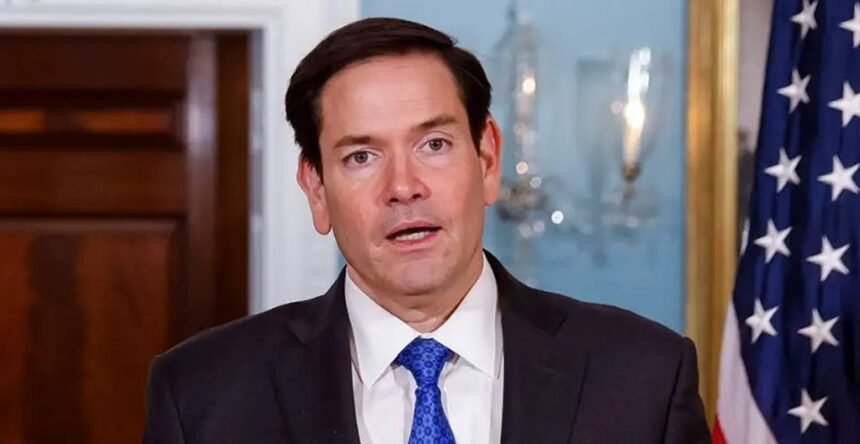The situation for foreign students in the U.S. is becoming increasingly critical: according to recent plans, the Trump administration intends to enforce stricter criteria for granting visas, particularly for Chinese students.
The U.S. government is toughening its stance on foreign students and plans to revoke visas for Chinese students studying in the U.S. Secretary of State Marco Rubio announced that his department will work with the Department of Homeland Security “to aggressively revoke visas for Chinese students, especially those with ties to the Communist Party or who are pursuing critical fields of study.”
Furthermore, visa criteria for all applicants from China and Hong Kong will be reviewed and subjected to stricter scrutiny. It remains unclear how many students and which disciplines will be affected by the revocation of their residence permits, and whether exceptions may apply.
Beijing Responds with Outrage
China’s Foreign Ministry stated it has lodged a formal complaint against the “unjustified” revocation of visas. A spokesperson in Beijing said Washington’s “discriminatory approach” reveals “the lie of freedom and openness” that the U.S. has long boasted about. The U.S., they added, continues to harm its international reputation.
According to the Institute of International Education (IIE), approximately 277,000 Chinese students were enrolled in U.S. universities for the 2023/2024 academic year. China thus represents the second-largest group of international students after India. International students are a significant source of revenue for many American universities, as they typically pay substantially higher tuition fees than domestic students.
Escalation of Conflict with U.S. Universities
The U.S. has recently announced a suspension of the issuance of student visas until further notice. U.S. embassies and consulates around the world have been informed that new guidelines are in development. This measure also applies to exchange students, interns, and au pairs holding F, M, or J visas. As with Chinese students, visa applicants will now be more thoroughly screened, especially regarding critical content on social media.
These two announcements come amid growing tensions between the U.S. government and the prestigious Harvard University, which has a large international student body. The government partly justifies its actions against Harvard and other universities by claiming they have not done enough to oppose pro-Palestinian protests, criticism of Israel, and antisemitism.







